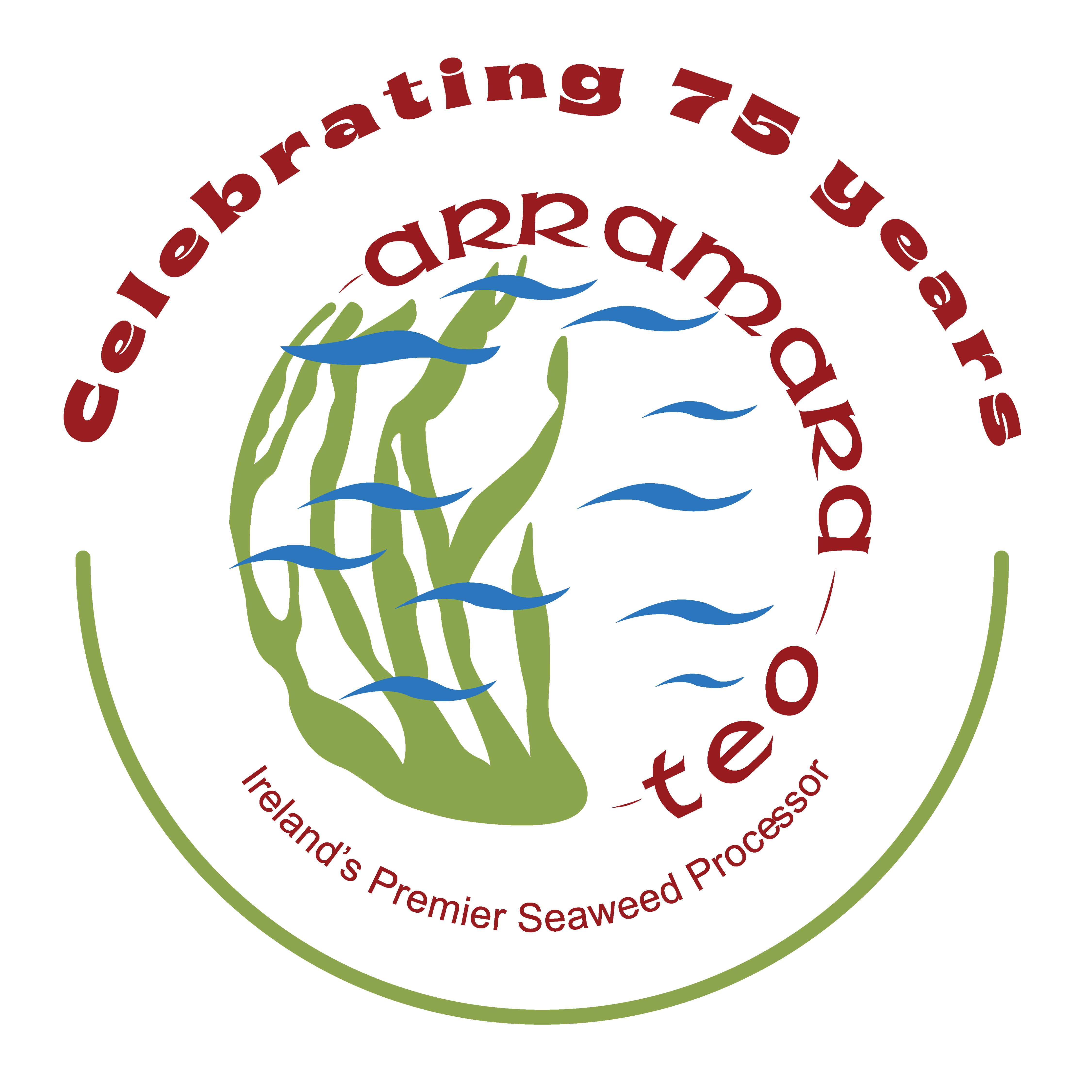Is Ireland and the EU about to enter a food security crisis? It’s possible. Charlie McConalogue, the Minister for Agriculture, wants to monitor the supply chain and has encouraged Irish farmers throughout the countryside to plant wheat, barley and other grains on their land. This news indicates that farmers might be struggling further to obtain feed ingredients for livestock in the coming months, and they’ll need to maximize the nutrition of every grain or supplement.
Which ingredients will be the hardest to find? As a result of government action, it’s unlikely there will be an agonizing search for the foundational grains in most feed regimens, but other fundamental carbohydrates might be in shorter supply. For example, the polysaccharides that your animals need to enhance their digestion and performance efficiency might disappear from shelves or rise in price.
If you’re looking to maximize your budget, whether you’re a family farm or a small-to-midsized enterprise, it’s time you consider using seaweed animal feed. Here’s how this marine resource helps varying livestock.
Swine
When pigs receive polysaccharides like the laminarin found in brown seaweed, the digestive tissue in their GI tract thrives, as does their beneficial gut microbes. Studies have found that when laminarin is included in the diet of post-weaning pigs enhanced their performance, eliminated digestive dysfunction, and simplified swine health management.
Cattle
Cattle suffering from digestive disorders need the right organic compounds to boost their immune system. Seaweed contains a variety of polysaccharides which can help calves and adult cattle to generate the mucus necessary to create a barrier between their digestive tissues and the pathogen. Research shows that both Yersinia enterocolitica and Escherichia coli have difficulty moving throughout the GI tract when mucus production is promoted by polysaccharides.
Chicken
In addition to the omega-3s provided by kelp meal for chicken, key polysaccharides from seaweed contribute to the immune health of poultry flocks. Since the polysaccharides in seaweed reach the lower GI tract of birds largely undigested, they can support bacterial fermentation as a prebiotic feeding beneficial gut microbes chickens need for a healthy immune system.
For example, fucoidan, which is abundant in Ascophyllum nodosum, has been shown to combat Newcastle Virus Disease, enhancing the antiviral activity already occurring in chickens. This results in healthier, more resilient birds without the need for antibiotics.
Getting Seaweed from Local Sources
With all the advantages to digestion, performance, immune health and more that seaweed provides, farmers can expand the effectiveness of their nutrition regimen with fewer supplements. What about supply chain issues? Obtaining this supplement through our Irish seaweed company can help solve that problem.
We harvest Ascophyllum nodosum from the coastal waters of western Ireland, supporting both the local economy and creating a reliable product that Irish farmers can be proud and comfortable feeding to their livestock. That way, no matter the outcome of the projected food security crisis, your animals are getting all the carbohydrates they need to thrive.
Want to learn more about why the carbohydrates in animal feed should include polysaccharides from seaweed? Reach out to our team to explore how Titan® for Animals can work for you.
Learn about Titan® for Animals
Related Articles
How Kelp Meal for Chickens Produces Stunning & Nutritious Eggs
How to Overcome Heat Stress in Dairy Cows During Irish Heatwaves
How You Can Raise Healthier, More Resilient Pigs with Seaweed Supplements
